Farmer welcomes payments for introducing wildlife
11th January 2024
A Cambridgeshire farmer and CEO of the Nature Friendly Farming Network (NFFN) warmly welcomed recent changes to the ELM scheme, which enable farmers to receive premium payments for taking environmental actions.
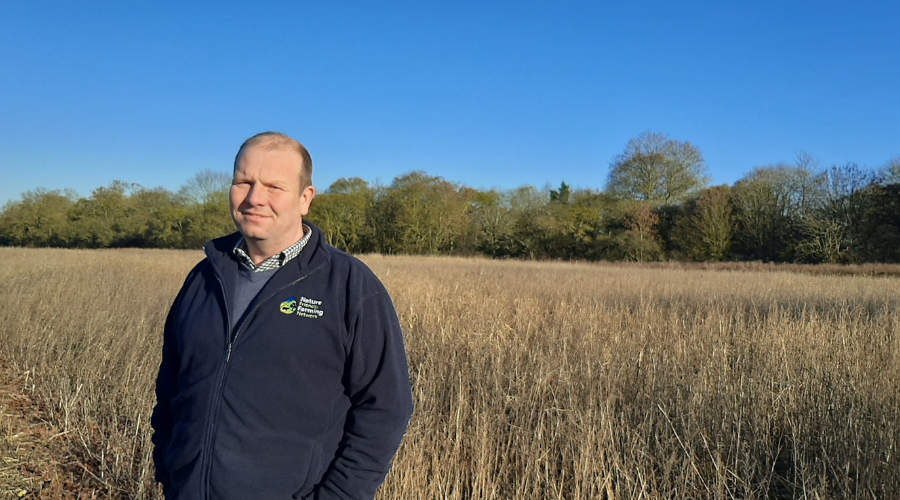
Talking to Farmers Guide, Martin Lines of NFFN explained the importance of introducing wildlife on farms and shared his appreciation for the announcement. The changes to the ELM scheme were revealed during this year’s Oxford Farming Conference on Friday, 4th January 2024.
Defra secretary Steve Barclay announced a 10% increase in the average value of agreements in the Sustainable Farming Incentive and Countryside Stewardship this year. Additionally, there are around 50 new actions that farmers can get paid for across all types of businesses, including soil health, agroforestry, precision, and robotics.
Meanwhile, premium payments will be available for actions with the biggest environmental impact or combinations of actions that deliver benefits at scale. Including £765 per hectare for nesting plots for lapwing, and £1,242 per hectare for connecting river and floodplain habitat.
The government aims to reward farmers who are already protecting the environment, for example, through maintaining grasslands, wetlands, and scrub, as well as those who are planning to introduce such actions in the near future. Farmers will also be paid more for existing actions to maintain habitats, with the price of maintaining species rich grassland, for example, rising from £182 to £646 per hectare.
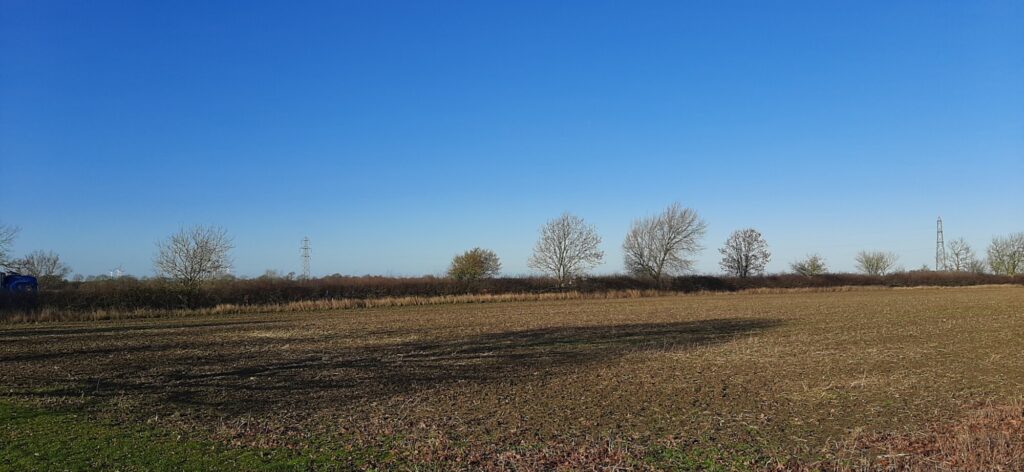
Putting nature at the heart of farming
Mr Lines, a third-generation farmer, contractor and founder of NFFN, said he positively welcomes the changes, as his organisation helped shape them through its actions over the last few years. The owner of Papley Grove Farm in St Neots, Cambridgeshire, has been combining day-to-day farming work with keeping wildlife on his lands for years and has noticed significant benefits from it.
Mr Lines farms just under 500ha of wheat, barley, beans, oilseed rape, as well as spring cropping in beans and barley. The farm also includes livestock and herbal leys, and does not have a rigid arable rotation system, as the farming team reacts to problems that occur accordingly.
He added that the soil health on his farm, which is chalky boulder clay, has seen a significant improvement in the last few years. The farm uses the direct drilling method, putting a cover crop in just after harvest.
Mr Lines said: “Each of our fields has been zoned out to detect the most and least productive bits using GPS mapping, yield mapping, and soil testing. On our farm, nature creeps from every edge possible. We put flower strips in every 90 or 120 metres, depending on the field.
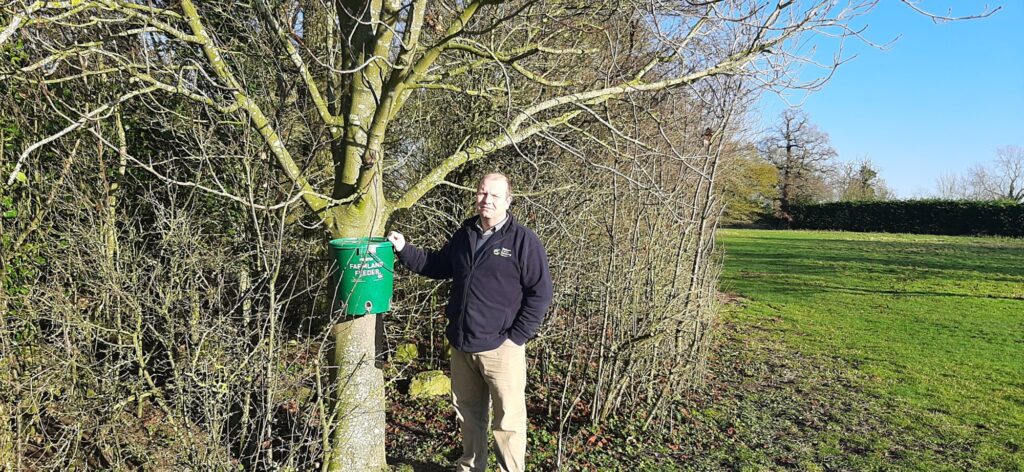
“They cover all awkward corners and odd-shaped pieces on the farm. Having this habitat helps us, so we don’t need to use insecticides. We hardly use slug pellets even this year, when I’ve seen a real problem in the farmland we look after.”
His philosophy of work is to put nature at the heart of his farming, and understanding the productivity of every part of the field is crucial for him.
“While 10 years ago we were using huge amounts of pesticides and herbicides, now we minimise the use of artificial products as much as possible, thanks to the research we’ve done. We were able to cut it significantly by changing the approach and the rotation.”
Nothing will change unless we change the policy
Launching the NFFN in 2018, Mr Lines aimed to gather like-minded farmers and make their voices heard. “At that time, I felt like there was no ‘middle space’. The agriculture industry was having a go at the conservation industry, and the conservation industry was criticising wildlife declines and other issues. Now, we’ve noticed that things have actually started to improve,” he explained.
“I admit, we have biodiversity declines, which has been driven by farming, but much of those declines were caused by government policy, encouraging us to maximise output and move nature off the farm.”
He concluded: “In my opinion, nothing will change unless we change the policy and the system. This is why we created the group, which brings together farmers from across the UK, as well as organisations and individuals interested in introducing wildlife to farms.”
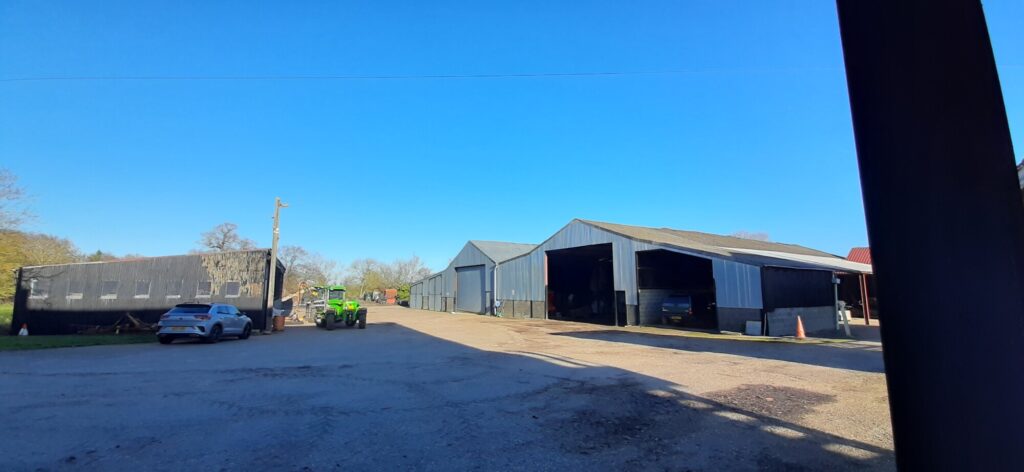
NFFN is committed to shaping food and farming policies that ensure fairer returns for farmers, improved access to sustainable food, and greater stewardship of the environment. The organisation separates into groups that cover England, Wales, Scotland and Northern Ireland to focus on issues present in each territory.
Its founder added: “We’ve come together to help farmers farm in a way that costs them less money, makes their businesses more profitable and at the same time delivers lots of things that society is asking for. We also recognised that those public goods are going to be rewarded.
“We just needed this strong voice to show the public and the policymakers the value of our work, as many of the core costs for the farmers are maintaining the environment, e.g., cutting the hedges, cutting the ditches, stone banks, and stone walls. That’s an infrastructure that society wants more of and farmers have to find funding for. This is why the network is so important for them.”
Free assets from nature
Mr Lines explained that farmers’ approach to introducing wildlife to their farms varies. “Some of the farmers recognise that they can get paid for some stuff they have been doing, and once they start going down that journey, they start seeing things improve. As farmers, we are one of the only few industries where we get free assets from nature. We get sunshine and rain, and if we work with our soil productivity, it costs us very little.”
Mr Lines also talked about farming at the sweet spot, which strengthens farm business resilience by helping to reduce reliance on expensive fossil fuel and artificial inputs, recovering natural on-farm assets that can mitigate the impacts of climate change.
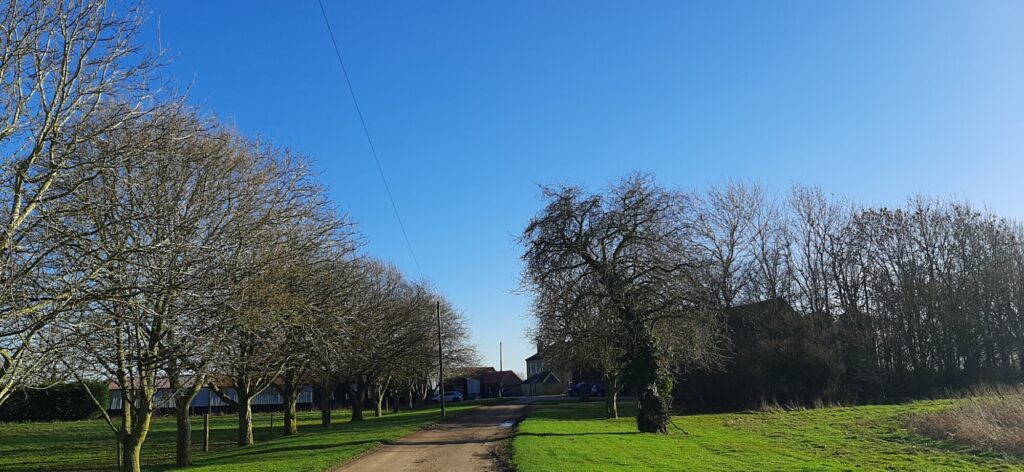
He added: “It’s clearly evident that the policymakers have listened to us. If you look at it, there’s a significant package there. Farmers will be rewarded for maintaining the assets they’ve got on their farm landscapes, including stone walls, ditches and hedges. There is also funding for rotational things like cover crops, herbal leys, species-rich grassland and more. The packages suddenly really reached a very high level.
“Also, if you’re at the beginning of your journey to minimise soil disturbance, you don’t have to spend £100,000 to £150,000 on some fancy drill. Just go find a contractor, and with that payment, you will actually have most of your costs covered, if not all of them. This way, farmers can have the operation done and then see how that works on their farm.
“Farmers just need to understand how nature fits into their business. This is how they can get additional rewards and financial benefits. I’ve seen that farmers collectively can make a difference, and that’s what really drives me forward with the network.”
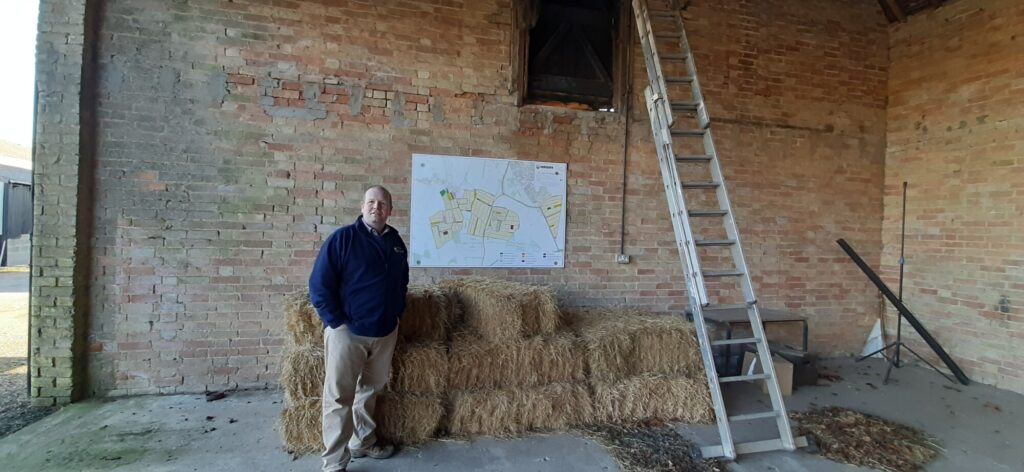
Farmers will be able to submit their applications for the 2024 offer from this summer, and the timeline for agreements being offered will be accelerated to help farmers benefit from the changes earlier than in previous years, Defra said.
For further information on the offer visit gov.uk environmental land management article
For more stories on rural farming, visit our Rural news hub.

